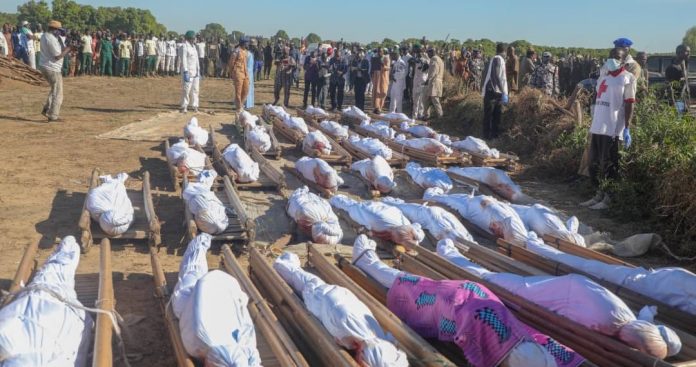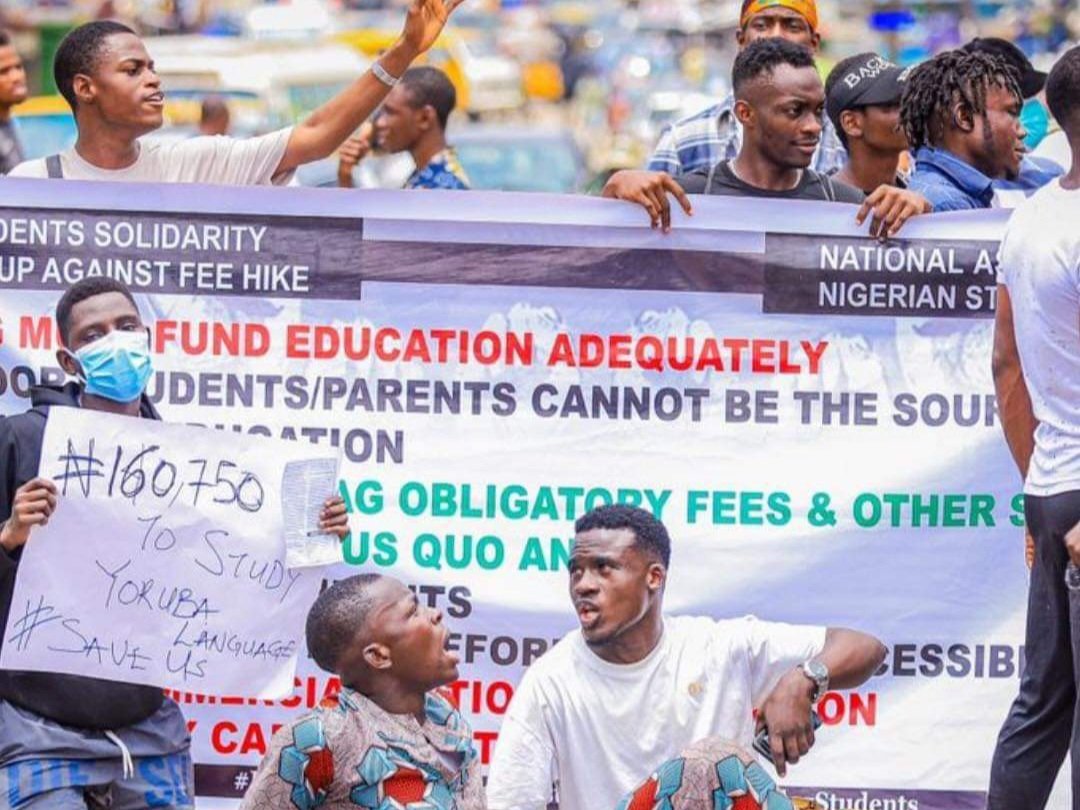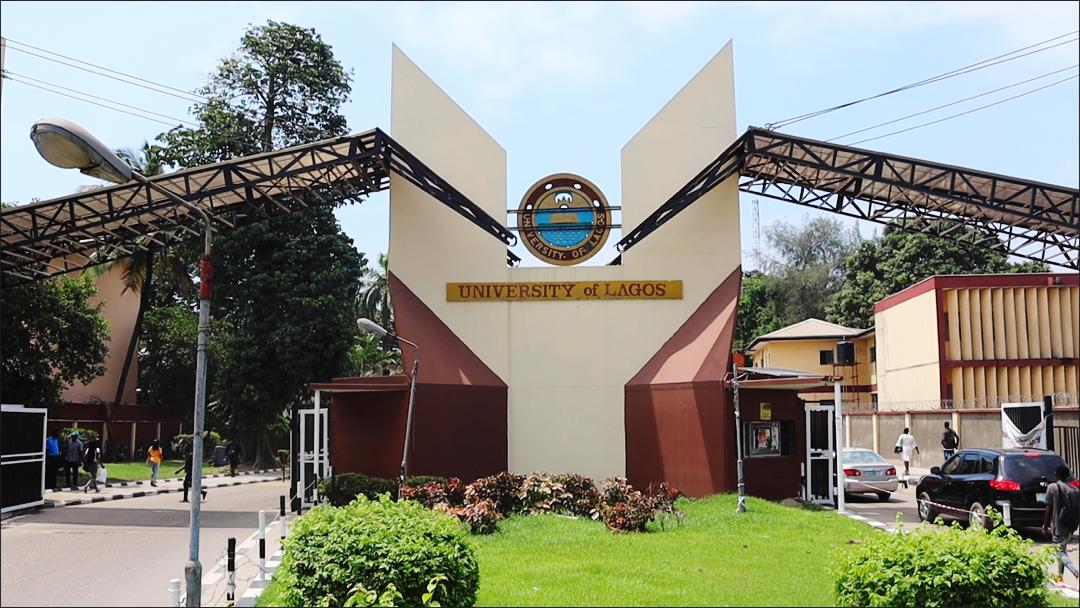Peter, May 30, 2021.
The question of insecurity in Nigeria is probably as old as the country itself. From the colonial era to the postcolonial and ‘democratic’ era, there has always been a reason or the other for Nigerians to look over their shoulders in fear of the unknown. Regardless of tribe, religion or political allegiance, the poor are constantly in danger of losing their lives – the only property they possess – to armed robbers, kidnappers, bandits, or, as we have seen lately, members of the police force.
However, the last 10 years has witnessed an unprecedented massive surge in the rate of insecurity, which is consequent upon, but not limited to, the activities of the Islamic fundamentalist Boko Haram group, banditry in the northwest, religion crises, farmers-herdsmen clash, and the various political violence during election periods.
In late 2008 and 2009, a bloody sectarian clash claimed hundreds of lives; just like every other insecurity challenge in the country, the event went uninvestigated. Niger Delta militancy, since its inception in 2006, has perpetrated several nefarious acts including the attacks on oil pipelines. This was in response to multinational corporations in the oil business that have made their lives miserable.
In January 2010, a group carried out its first terrorist attack in Borno State resulting in the death of four people. Since then, many of such attacks and worse have been carried out by Boko Haram group. From suicide bombings to assassinations, bombings of churches, motor parks, media houses, police stations and the burning of schools and other infrastructure.
The Chibok kidnapping of 2014 saw over 300 female students abducted from their school. A ‘Safe School Initiative’ was launched right after the attack. At least, $20m was committed to fortifying the schools in the North-east region against further attacks. Even though the project was not exactly a success seeing as students’ abduction continues till this day, the whole event begs the question of where the billions of naira voted for security annually has been going.
The True Cause Of Insecurity
The NBS report released on Monday, March 15, 2021 makes for grim reading. It showed that Nigeria’s unemployment rate rose from 27.1 per cent in the second quarter of 2020 to 33.3 per cent in the fourth quarter of 2020.
In layman terms, the above translates to about 23.19 million unemployed people, and this does not take into account millions of underemployed Nigerians.
Part of the NBS report reads as follows:
“During the reference period, the computed national unemployment rate rose from 27.1 per cent in Q2, 2020 to 33.3 per cent in Q4, 2020, while the underemployment rate decreased from 28.6 per cent to 22.8 per cent. A combination of both the unemployment and underemployment rate for the reference period gave a figure of 56.1 per cent.” (https://nairametrics.com/2021/03/29/23-million-unemployed-nigerians-e-commerce-to-the-rescue/)
The direct implication of the figures above is that, for every three Nigerians we come across, one of them is unemployed. The current ongoing economic crisis has only worsened the situation. Suffice to say, poverty in Nigeria is particularly outrageous because it has been growing in the context of even when Nigeria experienced expanding economy; whereby the benefits have been reaped by a minority of people, and have bypassed the majority of the population. Annual economic growth averaged over 7% in the 2000s, and yet Nigeria is one of the few African countries where both the number and the share of people living below the national poverty line over that period, increased from 69 million in 2004 to 112 in 2010, equivalent to 69% of the population. In the same period the number of millionaires increased by approximately 44%. Income inequality, as measured by the Gini Index, grew from 40% in 2003 to 43% in 2009.
From Boko Haram terrorism in the North-east, kidnapping for ransom rampaging the North-west and part of North-central, to insurgency in the South-east and all forms of criminality in the South West; the root remains the same.
What Is To Be Done?
For the ruling class, the only solution to insecurity they can afford is building more prisons as the genuine solution to the problem will cost them the system they benefit from. Marxists believe that the prison is not filled with only criminals but also poor people who couldn’t pay their way out. However, self-help by the poor is a blind alley and can never be an alternative to organized resistance. It is only when we organize our resistance that we can successfully force the ruling elite to retreat.
The Nigerian bourgeois class has shown its incapability over-and-over again of moving society forward. The Buhari regime, just like other regimes before him, has failed totally to proffer a way out of this impasse. Only the Nigerian working class and youth in alliance with other poor strata of society can actually save the situation.
The compromising labour leadership for many years have been a clog in the wheel of progress. It is high time the ranks transformed their organizations, both trade unions and political party, and go directly for power with the programme of socialism. Basically, only a socialist revolution led by the working class can put an end to this situation.





